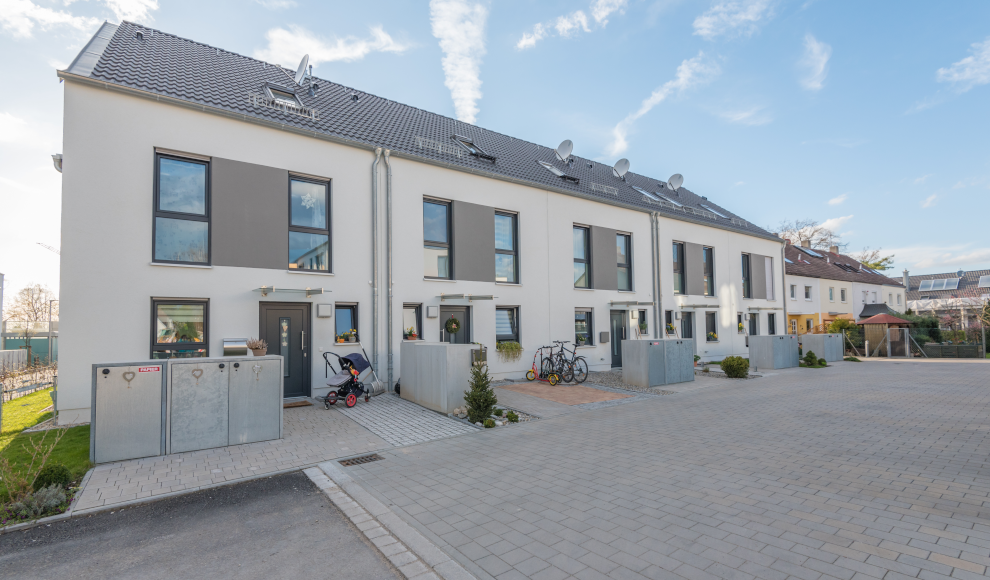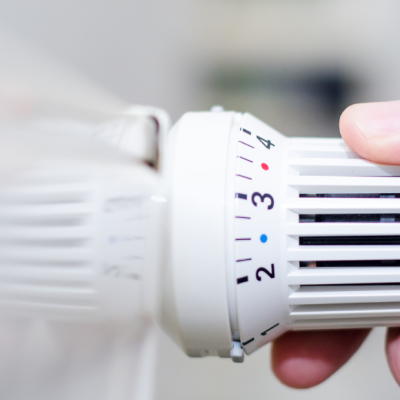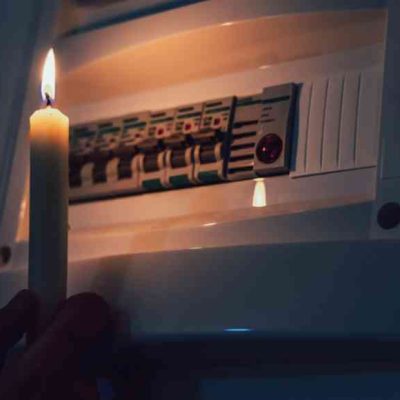A recent study conducted by economists at the Institute of German Economy in Cologne has found that owning property in Germany is currently more affordable than it was in the 1980s and 1990s. Despite the common belief that high interest rates and inflation have made buying a home more expensive, the researchers developed an affordability index for residential properties based on data from the Organisation for Economic Co-operation and Development (OECD) on property prices, long-term interest rates, and income development. The index measures the cost of a 20-year annuity loan in relation to income development. The study found that the affordability of owning a home in Germany is currently at the same level as it was in the 1950s.
The affordability index was highest in the third quarter of 1981, with a score of 115.5, when the interest rate for property loans was 10.6%. However, the accessibility of owning a home improved over the following years, with the most affordable period being the second quarter of 1987, when the index was only 64.1. After the German reunification, there was a temporary increase in interest rates, which made it more difficult to buy property. However, from the mid-1990s, the affordability of owning a home improved again due to a combination of rising incomes and increased construction activity.
According to Michael Voigtländer, one of the economists involved in the study, the results may be surprising to many people who believe that previous generations had it easier when it came to buying property. The study found that the conditions for buying property were most favorable in the third quarter of 2016, with an index score of 28.6. Despite the high property prices and inflation in Germany, the study suggests that owning a home is still within reach for many people.










